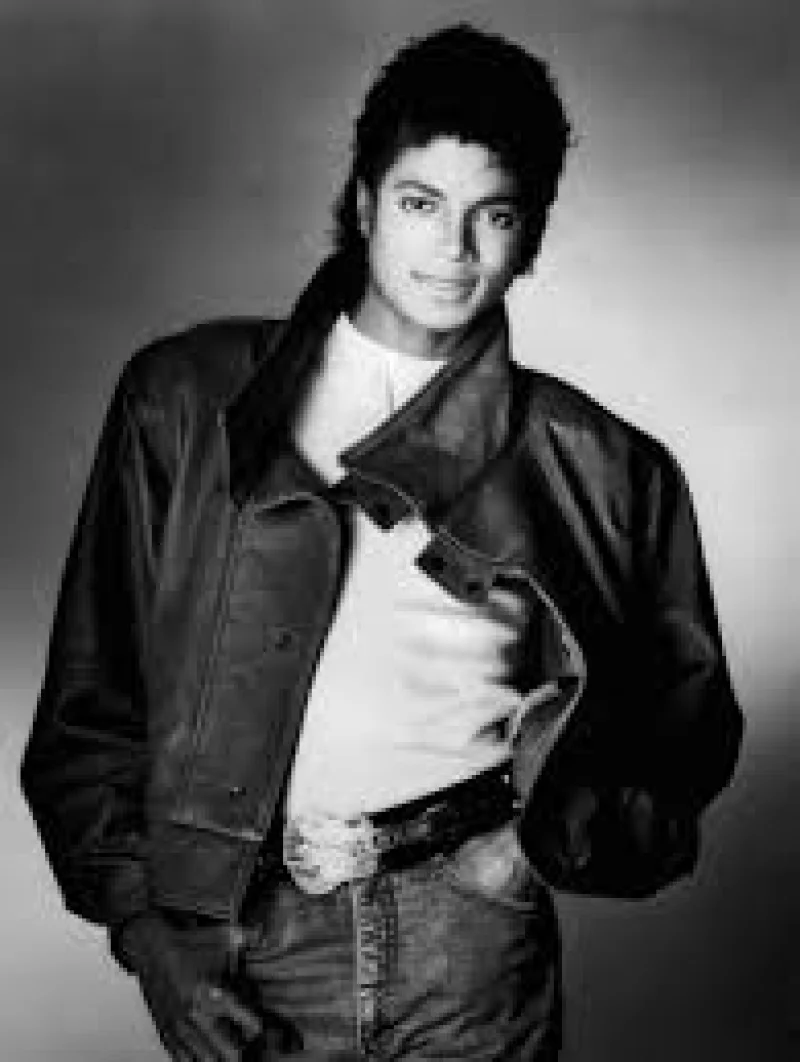Short Summary
Emel Mathlouthi is a Tunisian singer-songwriter and musician renowned for her powerful voice and poignant lyrics that address social and political issues. She gained international prominence during the Tunisian Revolution of 2011 when her song "Kelmti Horra" (My Word is Free) became an anthem for freedom and resistance. Mathlouthi's music blends traditional Arabic sounds with contemporary genres, reflecting her diverse influences and innovative artistry. Her work continues to inspire audiences worldwide, making her a significant figure in the realm of music and activism.
Early Life & Education
Emel Mathlouthi was born on January 11, 1982, in Tunis, Tunisia. Raised in a family that appreciated music, she was exposed to various musical styles from an early age. Her passion for singing and songwriting emerged during her teenage years, as she began to craft her unique musical identity. Mathlouthi pursued her education in France, where she studied art and music. Her time in France exposed her to Western music and culture, which significantly influenced her artistic development. Early on, she was inspired by iconic musicians like Joan Baez and Bob Dylan, whose socially-conscious songs resonated with her deeply.
Career Highlights
Emel Mathlouthi's career took a pivotal turn during the Tunisian Revolution when her song "Kelmti Horra" became a rallying cry for freedom. Her debut album, also titled "Kelmti Horra," was released in 2012 and received critical acclaim for its fusion of Arabic and Western musical styles. She continued to build her international reputation with performances at prestigious venues and festivals around the world. Mathlouthi's second album, "Ensen," released in 2017, further showcased her versatility and commitment to addressing social issues through music. Her work has been praised for its innovative approach and powerful messages.
Major Achievements
- Released "Kelmti Horra" album in 2012, gaining international acclaim.
- Performed at the Nobel Peace Prize Concert in 2015, highlighting her global influence.
- Released second album "Ensen" in 2017, further cementing her artistic reputation.
- Her song "Kelmti Horra" became an anthem during the Tunisian Revolution.
Famous Quotes
- "I am free when I sing."
- "Music has the power to change the world."
Interesting Facts
- Emel Mathlouthi initially studied computer science before pursuing music.
- She blends traditional Tunisian music with contemporary genres like rock and electronic.
- Her music video for "Kelmti Horra" has millions of views on YouTube.
- She has been dubbed the "Voice of the Tunisian Revolution."
- Mathlouthi has performed at renowned venues such as Carnegie Hall in New York.
Legacy / Influence
Emel Mathlouthi's legacy lies in her ability to combine music and activism, using her art as a platform for social change. Her powerful lyrics and unique sound have inspired a new generation of musicians and activists, particularly in the Arab world. Her influence extends beyond music, as she continues to advocate for freedom, justice, and human rights through her work.
FAQ
Q: Why is Emel Mathlouthi famous?
A: She is famous for her song "Kelmti Horra," which became an anthem for freedom during the Tunisian Revolution.
Q: What genres does Emel Mathlouthi's music include?
A: Her music blends traditional Tunisian sounds with rock, electronic, and folk influences.
Q: Has Emel Mathlouthi received any international recognition?
A: Yes, she has performed at the Nobel Peace Prize Concert and other prestigious international venues.
Q: What impact has Emel Mathlouthi had on music and culture?
A: She has inspired many with her music that addresses social and political issues, influencing a new generation of artists.











